Order summer kits here
Mindful Me
Grade: 1-3
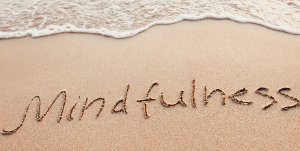
Seven lesson series
This curriculum will introduce youth grades 1-3, to some basic concepts in mindfulness practices that include: mindful eating, affirmations (emotional support or encouragement), identification and management of emotions, being present in the current moment, and yoga.
Specific outcomes from youth participation in the curriculum include short-term (skill development and knowledge gain), mid-term (increased stress management, mindful eating, etc.) and long-term (improved physical, emotional, and social health) benefits.
**Sedgwick County Extension staff is available to teach this 7 lesson series to 2nd grade classrooms. Mindful Me is intended to be delivered through 7- one hour lessons. Ideally, these would be scheduled in a series of 7 consecutive weeks- however you may indicate special scheduling circumstances within the program order form. Our staff is unavailable to provide these lessons during the month of January.
Mindful Me curriculum kits are available to be borrowed by teachers who prefer to teach the series themselves or are unable to schedule lessons by Sedgwick County Extension staff. Click here to view kit content.
A $20 security deposit is required when you pick up the curriculum kit. This can be paid in the form of cash or a personal check. When the kit is returned undamaged, your check or cash will be returned to you. If the kit is returned with lost or damaged materials, the cost of replacing these materials may be taken out of your security deposit.
Request Lesson
Request Kit Here
Teacher Testimonial:
"Mindful Me was wonderful for my second grade students. The program helped them with communication skills and taught them ways to express their feelings and emotions in a positive way. Mindful Me helped them learn the necessary social and emotional skills needed for their well being. It was a positive experience for all."
Linda Slusser, Maize Elementary
Lesson 1
Mindful Eating
Activity: Is This Apple Red
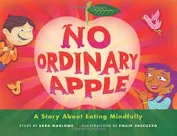
Mindful eating is all about getting to know your food better-what it looks like, smells like, feels like, and of course what it tastes like. By practicing mindful eating we slow down our food consumption, notice what we are eating more, and how it makes us feel. As you read No Ordinary Apple, youth will have an opportunity to practice mindful eating.
Objectives:
- Identify ways to explore food.
- Describe the importance of taking time to eat.
- Identify ways family and friends help promote well-being.
Lesson 2
Affirmations
Activity: You are Great!

Practicing mindfulness includes how we choose to interact with others. Sometimes we choose to be mean and our actions hurt those around us. Sometimes we choose to be kind and our kind actions help those around us. It is important to understand that how we choose to treat people impacts us too. In this activity, youth will practice being mindful of their actions toward others by creating an affirmation card or gratitude card. Affirmations are kind words that we say to someone, like "you are loved" or "you are funny." Affirmations are meant to make people feel happy and good about themselves.
Objectives:
- Describe positive ways to show care, consideration, and concern for others.
- Describe what an affirmation is.
- List healthy ways to express affection, love, friendship, and concern.
- Make plans to help family members at home.
Lesson 3
The Gift of Presence
Activity: Being Present
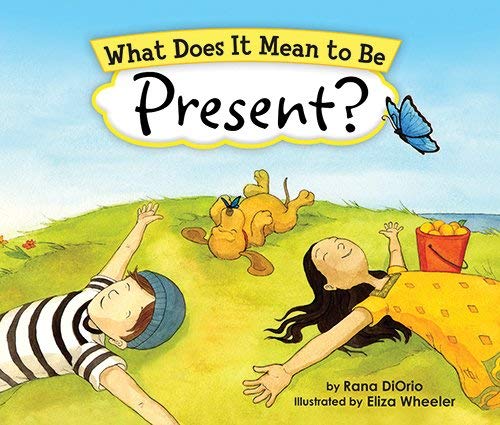
It can be easy to get distracted with what we have planned for the future--an upcoming birthday party, an exciting field trip, a visit from a loved one or things that happened in the past, like a disagreement with a friend, a family vacation, or falling off your bike. Being in the present means not thinking about the past or the future, but just focusing on what is happening in this very moment. This can be very hard to do, but with practice and effort it gets easier. When we practice being in the moment, we tend to notice more and enjoy the activities we are engaged in. In this activity, youth will practice being in the moment by using their observation skills on a scavenger hunt.
Objectives:
- Describe what it means to be present.
Lesson 4
Describing Feelings
Activity: Welcome Feelings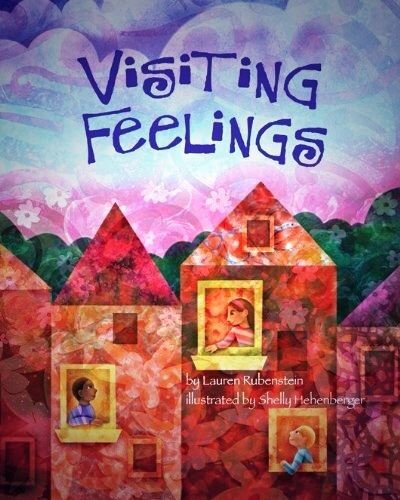
How many of you have had a visitor come stay for a while? Maybe a grandma, grandpa, uncle, cousin or a family friend visited you. What did you do before they arrived? Oftentimes we prepare for visitors. You may help your parents clean the house, buy special foods, or make up an extra bed. Visitors can come for a short visit or a long visit. Similarly, our feelings can make visits, too. Sometimes, you may have a long visit from a happy feeling or a short visit from a sad feeling. Just like we prepare for our house guest, we also need to prepare for our feelings. In this activity, youth will learn that being able to name and describe how we feel can help us prepare to feel comfortable with our feelings.
Objectives:
Identify and describe a variety of emotions.
Lesson 5
Mood Management
Activity: Mood Craft 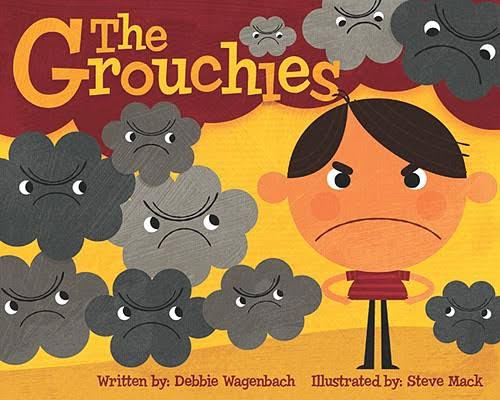
Have you ever had a visiting feeling that you just wanted to go away? Have you ever woke up just feeling grumpy? Sometimes it's hard to smile, but there are a few things we can do to turn a sour day into a good day. Acting grumpy often leaves us feeling sad and lonely, but talking about our grumpy feelings with caring adults and other people we love can help us feel better. For this activity, youth will create a craft to help them understand how to beat the grouchies with helping friends.
Objectives:
- Manage and express emotions appropriately in a variety of situations.
- Explain the importance of talking with parents or trusted adults about feelings.
- Identify ways family and friends help promote well-being.
Lesson 6
Quiet Listening
Activity: Quiet Your Mind

Meditation is a tool that can help us calm down when we are too stressed, scared, or overwhelmed. By stopping to clear our mind and be still for a moment, we can make ourselves feel better and stronger. After engaging in relay game activities, youth will have the opportunity to practice mediation as a tool to manage stress and worry.
Objectives:
- Manage emotions appropriately in a variety of situations.
- Learn to use meditation as a tool for handling stress.
Lesson 7
Yoga
Activity: Balance, Flexibility, and Strength
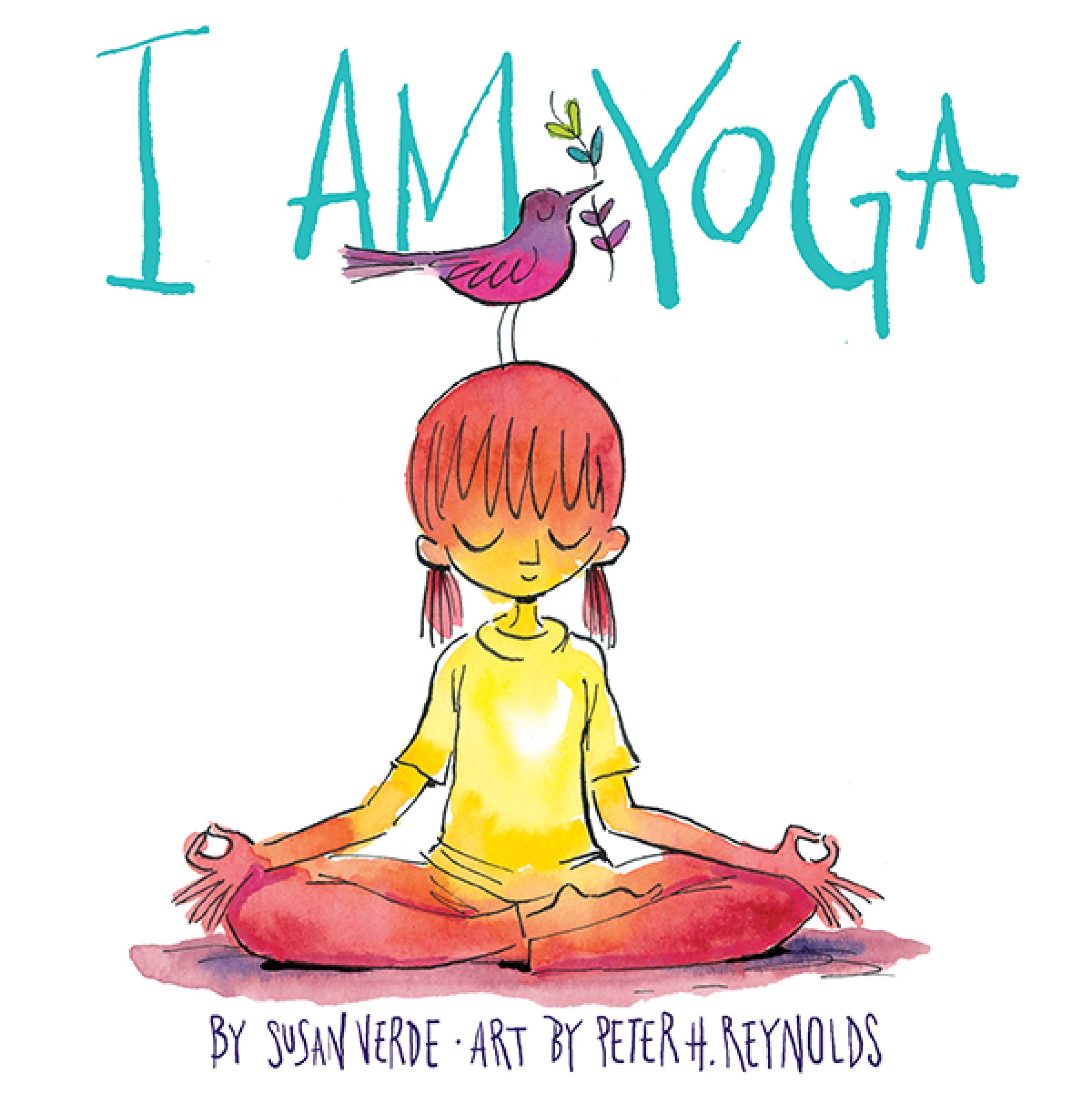
Yoga is a great way to practice mindfulness because it requires the engagement of our bodies and our minds. These movements and body positions can make many improvements to the physical body (balance, flexibility, strength) and the mind (improved listening and stress reduction).
Objectives:
- Be able to move with breath.
- Improve balance, lung function, flexibility and strength.
- Reduce stress.
- Improve attention and listening skills.